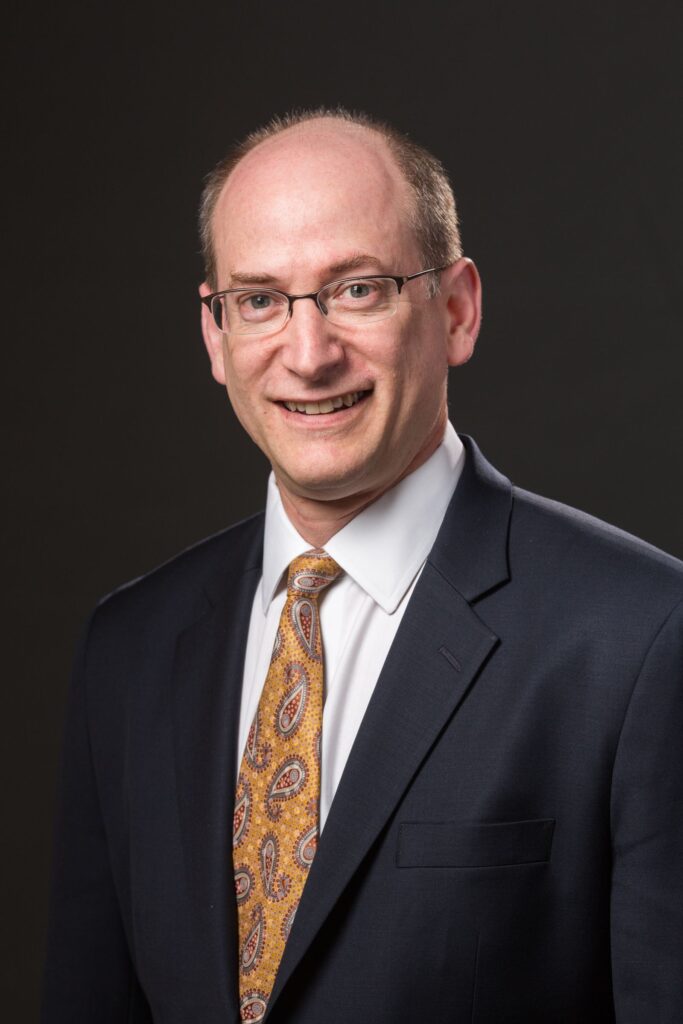Psychedelics in psychiatry are like a rollercoaster ride—promising highs and frustrating lows. Studies show potential for treating psychiatric disorders with psychedelics, but the FDA isn’t quite ready to party, especially with MDMA-assisted therapy for PTSD. Enter John Krystal, MD, the ketamine king, who’s all about its antidepressant magic. He co-founded Freedom Biosciences to supercharge ketamine’s benefits and cook up non-hallucinatory treatments, because who needs a trip when you just want to feel better?
Treatment-resistant depression (TRD) patients have a new hope: esketamine, which is basically ketamine’s cooler sibling. Forget the old-school electroconvulsive therapy (ECT) that’s harder to get than a unicorn sighting; esketamine is making waves in “Interventional Psychiatry,” boosting prescriptions and easing accessibility.
Psilocybin and MDMA are the underdogs waiting for FDA’s nod. Psilocybin might soon get the green light for major depression, and MDMA is eyeing PTSD with fingers crossed. Researchers are also diving into psychedelics for PTSD, migraines, and substance use disorders, all aiming for effective depression and TRD treatments. However, these psychedelic adventures can sometimes turn into a bad trip. MDMA, the empathetic party-goer of the bunch, is still gathering data to impress the FDA.
So, the world of psychedelics in psychiatry is full of hope, innovation, and a dash of trippy experiences, but with a cautious eye on safety and efficacy. Stay tuned for more twists and turns on this psychedelic ride!
Published Date: None

